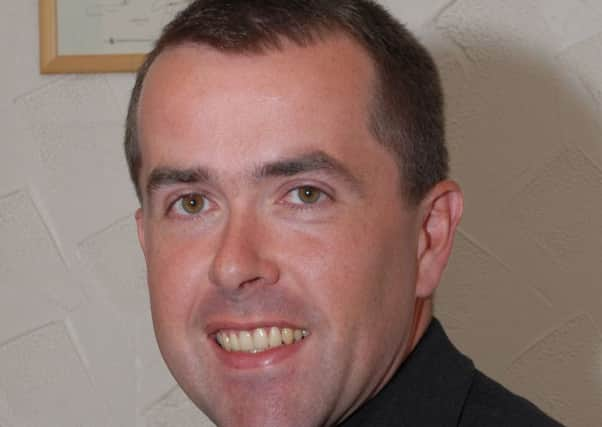Save from your child’s birth to meet university costs


For Northern Irish students, tuition fees alone range from just under £4,000 a year at Queens University, to £9,000 a year at English, Scottish and Welsh universities. Cost will undoubtedly be a factor in deciding where future generations will attend university.
A recent study by Nat West concluded that Belfast was the most affordable city in UK for students; Glasgow and Newcastle universities came out as costing more than £5,500 per year more than Queen’s.
Advertisement
Hide AdAdvertisement
Hide AdWhile loans are available to cover most of the cost, not all parents want their children to leave university with £50,000 of debt. So what is the alternative? Many students are working part-time to make ends meet and many parents part-fund the cost of their children’s education.
The sooner parents start to save for third-level education, the easier it will be to meet the cost. For example, by saving the child benefit from birth to age 18, a fund of £37,447 would be achieved, assuming 5% growth and 2.5% inflationary increase in child benefit. Interestingly, if parents delayed saving by 4 years until their child starts primary school, then the savings pot would only be worth £25,067 after 14 years – a reduction of £12,380 as a result of a 4 year delay.
It is also worth noting that if the savings only earned 1% interest over this time, then the pot would only be worth £26,226 after 18 years.It is for this reason that share-based savings policies are most commonly used for parents or grandparents setting aside funds for their children’s or grandchildren’s education. Share-based ISAs are ideal savings vehicles, as the payments in can be altered when necessary and payments out can usually be made without penalty at any time and over a period of years.
Statistically, over the long term, shares are likely to significantly outperform bank and building society cash accounts.
Advertisement
Hide AdAdvertisement
Hide AdDavid Hill is a Chartered Financial Planner and Independent Financial Adviser at Hills Financial Planning, 15 Agnew Street, Larne. He can be contacted on 028 28276814, email [email protected] or see www.hillsfinancialplanning.co.uk